The heat of summer translated to an election season where heated arguments on who’s the better candidate frequently erupted, be it offline during casual conversations or online in our social networks. We were so vocal about our favored candidates that it became the main lunch hour and water cooler topics at work, the meal-time topic at home, and our answer to Mark Zuckerberg’s question, “What’s on your mind?” when we logged on to Facebook.
All this freedom of expression became a freedom to unfriend even our longtime friends. Take our Facebook friendships, for example. I’m sure you had Facebook friends who frequently posted updates about their candidates. And at some point, you yourself posted about yours. And both of you fervently wished that your candidate wins. So you tried to convince each other that your candidate is the better leader. It may have started as a friendly comment, until your exchanges escalated into frustrations on how you were failing to convince the other side to move to your side. And when you couldn’t, you may have resorted to unfriending.
It came to a point where you (and your other friends, maybe) went to greater lengths to prove your point, branching out with your “mission” to include commenting on other people’s posts that have political leanings, joining groups who share the same view as you so you can gather strength, and joining groups who don’t share the same view as you so you can use your strength to hopefully change minds. And when you couldn’t, did you resort to calling people names, banning people from a group, or shaming people online? Did you encourage others to unfriend those whom you have unfriended?
Why has it come to this? It could be that we have too much freedom in our hands—literally—that we just type up our thoughts and feelings and press “enter” without thinking. It could be that most of our communications and friendships have been confined online that it has become easy to sever ties with just one click. It could be that, in the course of our online conversations, the exchanges and escalations triggered the need for us to be right, and this notion of being right has turned to the need to convince others to move to our side. Or in simple words, we had our pride. It could also be that birds of a feather really flock together. We have spotted the difference among us, and the odd one out must be cast aside, or unfriended.
There are many reasons why friendships ended. Now that the elections are over, it’s time to take a step back and look at the aftermath of our actions. Was it worth it to end a friendship? Was it worth it to lose touch with others?
And if you find yourself regretting ending the friendship and losing touch with others, what do you do now? How do you rebuild your friendships? It’s time to reconsider the rifts.
Just say sorry. Be the first one to say sorry. It doesn’t matter who started the falling out. The important thing is someone initiated the friendship’s repair. Someone’s sorry, someone expresses apologies, and someone accepts it.
This is something better done in person. The sincerity is amplified by the courage for personal appearance and live admission of what went wrong. However, in case you don’t have the strength for this yet, an online apology may be a good start—for now.
Send a new friend request on Facebook. Months after the falling out, when the dust of elections has settled, hopefully comes clarity. Cliché as it may sound, time does heal old wounds. Months or years later, you just might find yourself laughing over the forces that divided you.
Just like an apology, you may opt to initiate the building of bridges, regardless of who burned it.
Reminisce the good old days. Talk about things you both like, in particular, about what bonded you together in the first place. Was it a love for literature? A common sports? A shared life in school? Find your common ground again.
Think about it. Were the forces that divided you stronger than the forces that bind you? Was the time you spent together weaker than the election season? Did unfriending each other make a positive difference?
What I’m trying to say is, it’s possible to start anew. After the craziness that was the 2016 National Elections, it’s time to go back to the good old days—or at least try to.















